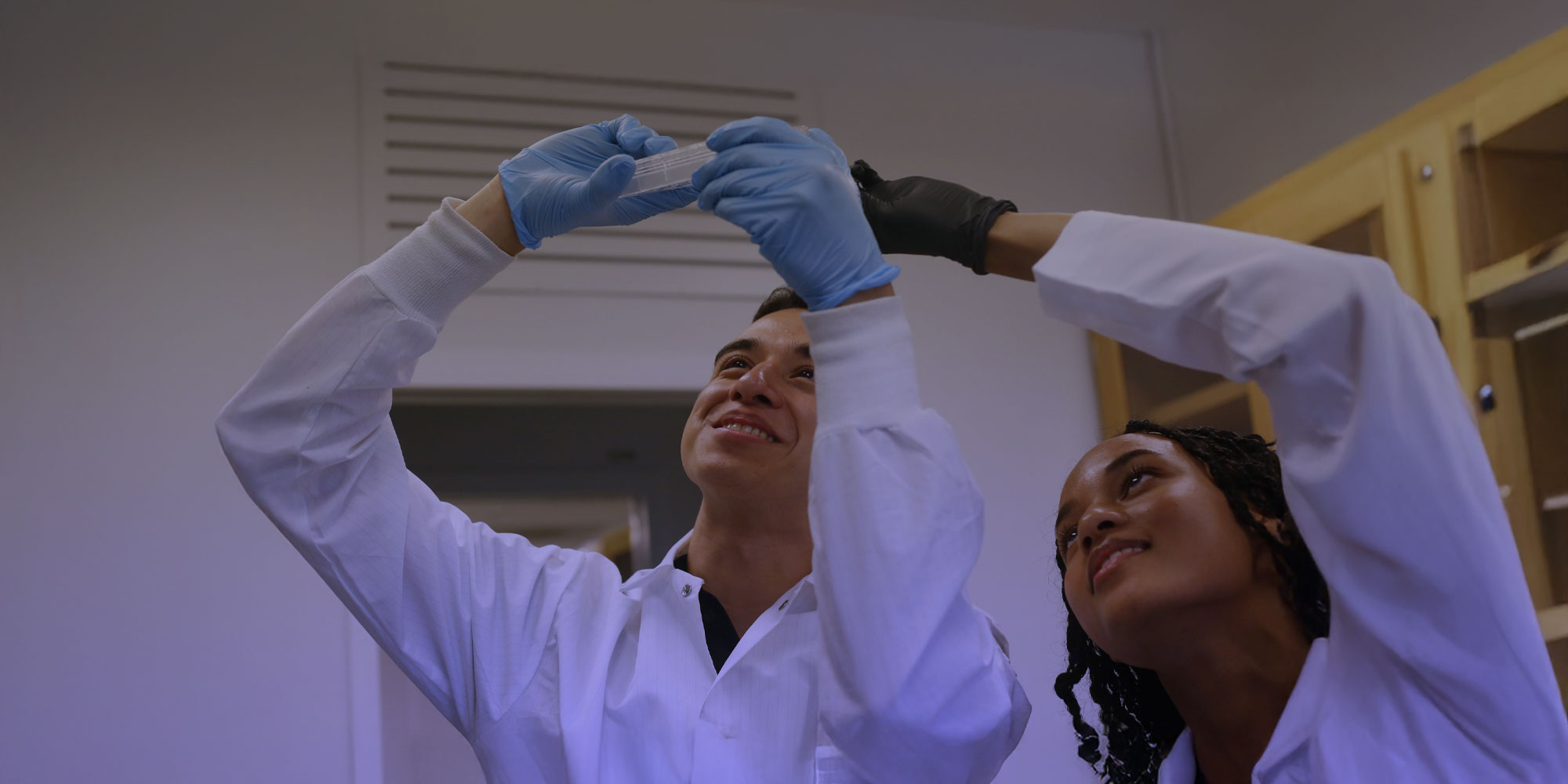
FNIH Awards Lurie Prize in Biomedical Sciences to Jennifer Doudna
The Foundation for the National Institutes of Health (FNIH) has selected Jennifer Doudna, Ph.D., a Professor from the University of California, Berkeley, as the second winner of its Lurie Prize in the Biomedical Sciences. Dr. Doudna, a Howard Hughes Investigator and Professor of Biochemistry, Biophysics and Structural Biology, will be presented the Lurie Prize medal and a $100,000 honorarium on May 20 in Washington, D.C.
Press Release: Foundation for the NIH to Award Lurie Prize in the Biomedical Sciences to Jennifer Doudna from UC Berkeley
Dr. Doudna’s research centers on RNA molecules, which carry out the instructions of DNA by encoding and controlling the expression of genetic information. Her laboratory focuses on the molecular structures of RNA molecules, in order to better understand their biologic function. She and colleagues at UC Berkeley and in Sweden, Doudna, in 2012, discovered a gene-editing technique called CRISPR (Clustered Regularly Interspaced Short Palindromic Repeats), a technology that “gives researchers the equivalent of a molecular surgery kit for routinely disabling, activating or changing genes,” wrote Science magazine in a Dec. 2013 article naming CRISPR one of its runners-up for breakthrough of the year.
Endowed by philanthropist and FNIH board member Ann Lurie, the annual prize recognizes outstanding achievement by a promising scientist age 52 or younger. Lurie is President of the Ann and Robert H. Lurie Foundation, which she began with her late husband; President of Lurie Holdings; and Founder of Africa Infectious Disease Village Clinics, Inc. “Biomedical science has always been a challenging field, requiring researchers to continually search for new grants and other sources of funding. I am pleased to be able to play a part in the career development of scientists who will enhance their fields for years to come,” said Lurie.
You may also be interested in

Wolf Prize Laureate Brian Staskawicz on 40 Years of Plant Immunity Research

Announcing the Rising Stars Program: A New Collaboration Between the IGI and Historically Black Colleges and Universities

Breakthrough Method Enables Rapid Discovery of New Useful Proteins
